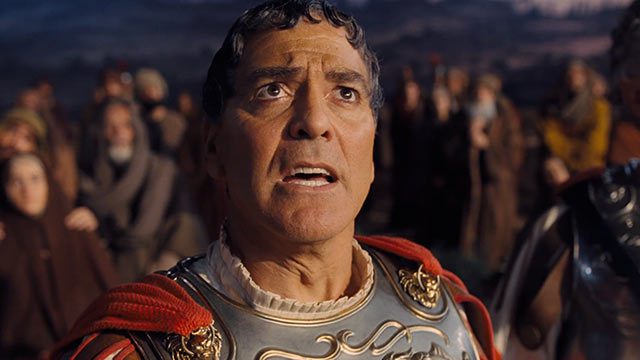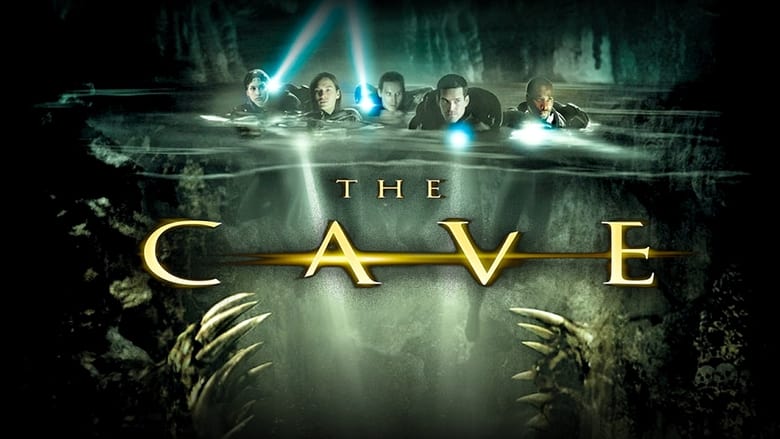Joel and Ethan Coen operate on a different artistic plane than any other contemporary filmmakers. This is nothing new. It also makes their filmography, likes the film themselves, maddeningly difficult to quantify or compare. It’s easy to look at other filmmakers and rank their output (take Steven Soderbergh, for instance: Traffic is better than Side Effects). How do you compare The Big Lebowski to No Country for Old Men? Or True Grit to A Serious Man? They glide effortlessly between genres, subverting them even as they embrace their tropes. So it’s hard to say where Hail, Caesar! ranks among their other films. Do you compare Caesar to the brothers’ masterpiece, Fargo? I think that’s a waste of time. You have to compare to Hail, Caesar! to Hail, Caesar!, as dumb as that may sound. The Coens never try to repeat themselves – although there are thematic similarities in Fargo and No Country – so it’s best to view each film as its own separate entity, and ask yourself how well it accomplishes what it sets out to do.
That’s a pretty long way to say: Hail, Caesar! is pretty damn good. Comedies by the Coen brothers have always been elliptical and obfuscatory (Burn After Reading ends with two characters dismissing the events of the entire film, and can anyone truly explain the plot of Lebowski?), so Caesar benefits by having a relatively straightforward, if crowded, plot. Eddie Mannix (Josh Brolin, excellent) is a problem solver for Capitol Pictures with his hands full. A cowboy actor (Alden Ehrenreich) is miscast in a drawing room drama, much to the chagrin of the film’s ascot-clad director (Ralph Fiennes); a dancing actress (Scarlett Johansson) is pregnant but doesn’t want to marry the father; and most distressingly, the studio’s biggest star Baird Whitlock (George Clooney, playing his most buffoonish character yet in a Coen film) has been kidnapped off the set of the titular Biblical epic, held hostage by a group of Communist screenwriters calling themselves The Future.
Got all that? There’s a lot of plates spinning, but trying to craft an Altmanesque ensemble comedy isn’t the Coens’ goal here. Hail, Caesar! is content to leave side plots on the side, and follow Mannix around the studio lot, as he pops into one studio after another, giving the Coens a chance to pay loving, and winking, homage to classic Hollywood genres. The prestige picture Merrily We Dance is torpedoed by Hobie Doyle’s (Ehrenreich) drawling delivery, leading to one of the most deliriously funny scenes in the Coens’ oeuvre, as Fiennes meticulously tries to get his actor through the dialogue “Would that it were so simple.” The best of these interstitial scenes is a fantastically choreographed song-and-dance number called “No Dames,” performed by Bert Gurney (Channing Tatum). It’s an infectiously fun couple of minutes, that had me grinning from ear to ear, and quite frankly I wish I could watch it again right now. Tatum hasn’t lost any of his skill since his Magic Mike days, and has a pretty good singing voice as well.
One of the pleasures of the film is in its performances. Brolin is terrific, and is given a lot of heavy lifting to do, as Mannix is in almost every scene. Ehrenreich, a relative unknown, almost steals the movie out from under his better-known costars. Caesar misses him when he’s not around, as Ehrenreich’s effortless charisma help make his scenes some of the film’s most charming. George Clooney won’t get the attention he deserves, because Clooney, despite having an Oscar, is still an underrated actor. Baird Whitlock is his broadest role yet in a Coens film, and he has the dual responsibilities of delivering a good performance in this film, while delivering his lines with the over-emotional style of ‘50s studio actors in the film within this film. It’s a deceptively hard balancing act, and Clooney handles it with aplomb.
This film could have been about a lot. The most obvious route it could have gone would have been a satire of McCarthyism: the film studio is none-too-subtly called “Capitol,” and at one point Clooney obliviously asks his captors “What if I name names?” Or it could have been a satire of showbiz, but how often has that been done? Religious iconography and themes abound, but other than Mannix’s chronic visits to the confession booth, faith doesn’t play a big part in the proceedings (although the Coens, ever playful, end the film with a shot of a water tower emblazoned with the word BEHOLD). I think Hail, Caesar! purposely defies definition and analysis. Not because it’s too deep for it, but because it’s too shallow – but in a deep way. It just goes to show that even the Coens’ “minor” films are destined for this kind of discussion – different artistic plane, remember?





